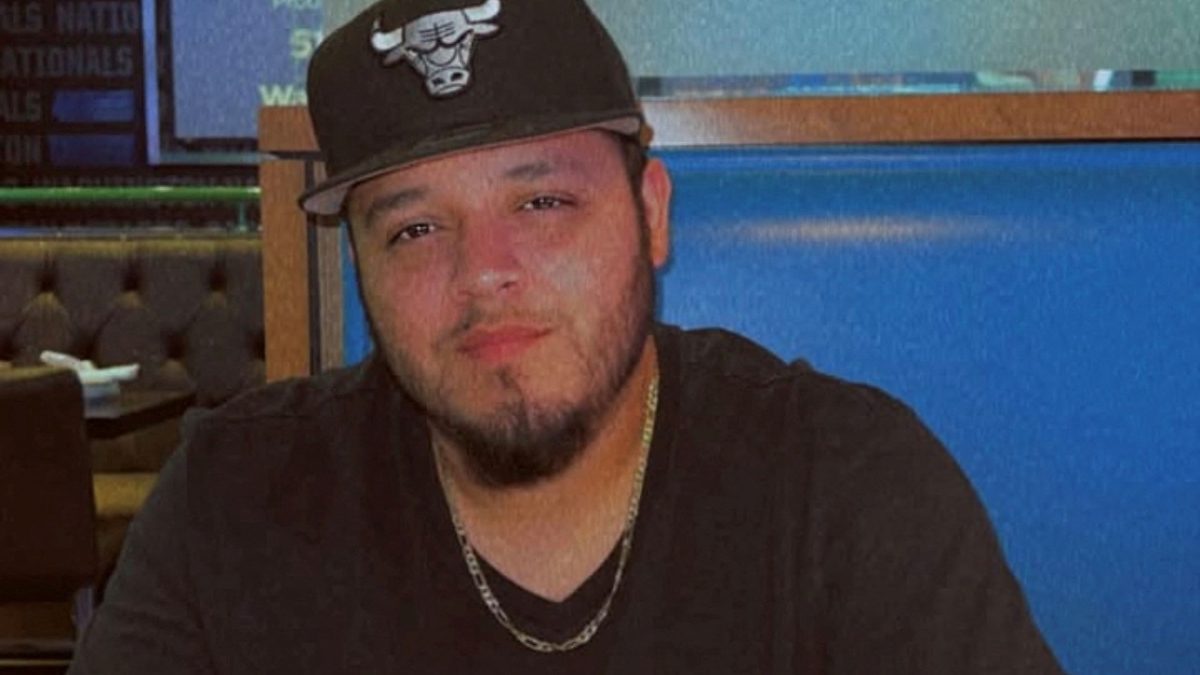A US judge on Tuesday ordered federal authorities to disclose documents and provide testimony under oath concerning efforts to return a man wrongfully deported to El Salvador—intensifying scrutiny over whether the Trump administration defied a court order.
At a hearing in Greenbelt, Maryland, US District Judge Paula Xinis said she would not yet hold the government in contempt of court. However, she mandated that the documents and private depositions would help determine if the Trump administration had complied with her earlier directive to “facilitate” Kilmar Abrego Garcia’s return.
Last week, the court instructed the administration of Republican President Donald Trump to provide daily updates on steps taken to bring Abrego Garcia back. On Tuesday, Xinis said the administration had failed to present any meaningful information on its actions.
“There will be no tolerance for gamesmanship or grandstanding,” said Xinis, an appointee of Democratic President Barack Obama. “To date, what the record shows is that nothing has been done. Nothing.”
At the same time, the judge stated that she was not ordering the administration to urge El Salvador’s government to return Abrego Garcia, despite her finding the government’s failure to request his release “stunning.”
“I’m not ordering you to do that,” Xinis explained. “I don’t know if I’ll ever be there.”
Abrego Garcia was deported on 15 March, despite a standing court order shielding him from removal to El Salvador. His case is one of several raising concerns among Democrats and legal scholars regarding Trump’s apparent disregard for the judiciary—an independent and co-equal branch of government.
Impact Shorts
More ShortsAdministration officials have repeatedly accused the courts of overreach, claiming interference with the executive branch’s foreign policy powers. These confrontations have emerged alongside broader efforts by Trump to exert pressure on traditionally independent US institutions.
On Tuesday, Trump threatened to revoke Harvard University’s tax-exempt status after it resisted federal demands to reform academic programmes—part of a wider campaign targeting universities for their handling of pro-Palestinian student protests.
Trump has also taken aim at law firms perceived to have ties with his political or legal opponents. A federal judge on Tuesday blocked most of an executive order targeting the firm Susan Godfrey, although noting that other firms had “capitulated” by settling with the administration to avoid being targeted.
Abrego Garcia’s case is one of several in which Trump, who ran for president on a platform of stepping up deportations, is testing the legal limits of immigration enforcement.
Abrego Garcia was sent to El Salvador’s Terrorism Confinement Center alongside hundreds of Venezuelan migrants deported under the Alien Enemies Act, a 1798 law that had only previously been invoked when the U.S. was at war. Several judges have since blocked further deportations under the law.
Judges have also temporarily blocked the Trump administration’s efforts to deport several university students in the country legally over their participation in pro-Palestinian protests. On Monday, Columbia University student Mohsen Mahdawi was arrested in Vermont upon arriving for an interview for his U.S. citizenship petition.
Depositions by next week
On Tuesday, Xinis said she would require the four officials with the U.S. Department of Homeland Security and U.S. Immigration and Customs Enforcement who had submitted sworn declarations in the case to sit for depositions by April 23.
Government lawyer Drew Ensign said officials may respond to certain questions by asserting the attorney-client privilege, which protects lawyers from being compelled to disclose information their clients have told them.
Ensign also said the administration interpreted Xinis’ order to “facilitate” Abrego Garcia’s return to mean they should remove any U.S. barriers to his return to the United States.
He said the administration had done that by officially asserting in a court filing earlier in the day that if Abrego Garcia were to show up at a port of entry or a U.S. embassy, he would be allowed into the United States and then immediately taken back into custody.
Xinis said that interpretation of the meaning of ‘facilitate’ is contrary to “the plain meaning of the word.”
‘Political games’
The U.S. Supreme Court last week largely upheld Xinis’ order to “facilitate and effectuate” Abrego Garcia’s return following a challenge by the Trump administration, but said the term “effectuate” was unclear and might exceed the court’s authority.
Secretary of State Marco Rubio said during a meeting with Trump and El Salvador President Nayib Bukele at the White House on Monday that the president, not courts, conduct U.S. foreign policy.
Bukele told reporters at the meeting he did not have the power to return Abrego Garcia to the U.S.
At Tuesday’s hearing, Ensign cited Bukele’s comments, saying “ascertaining the position” of the Salvadoran government was “an important part of compliance” with Xinis’ order.
Before the hearing, Abrego Garcia’s wife, Jennifer Vasquez Sura, urged Trump and Bukele to return her husband.
“I find myself pleading with the Trump administration and the Bukele administration to stop playing political games with the life of Kilmar,” Vasquez Sura told a crowd of protesters.
After the hearing, U.S. Senator Chris Van Hollen of Maryland, a Democrat, said in a statement he would travel to El Salvador on Wednesday to check on Abrego Garcia’s wellbeing and discuss his release with government officials there.


)

)
)
)
)
)
)
)
)



